Hydrofluorocarbons, or HFCs for short, are refrigerants that are commonly used in refrigerators and HVACR units. While they were originally invented to replace chlorofluorocarbons, a harmful gas that was causing ozone layer depletion, HFCs are not environmentally friendly in nature, as they trap heat in the atmosphere and thus exacerbate global warming. Given these facts, it is not surprising that the United States government and the HVACR industry itself are looking for greener ways to keep machines cool without causing further damage.
How HFC Usage Is Set to be Reduced
Reducing HFC usage is sure to be a challenge, but it is one the entire industry is tackling with gusto and enthusiasm. Following are some of the primary ways in which HVACR companies, together with help from the U.S. government, retailers and manufacturers, are looking to significantly reduce and eventually eliminate HFC usage.
1. Developing New Refrigerants for New Devices
At present, HFCs play a major role in cooling and air conditioning units, and heaters and refrigerators, which is why HVACR companies have committed to investing $5 billion dollars over the next ten years to create a viable, affordable, eco-friendly alternative. This investment would also cover the cost of creating new equipment that is compatible with an eco-friendly coolant.
2. Finding Alternative Refrigerants for Existing HVAC Units
Servicing old HVAC units accounts for two-thirds of all hydrofluorocarbon usage. Given this fact, the HVACR industry is putting a priority on developing an alternative coolant that can be safely and effectively used to service old devices. The Environmental Protection Agency seemingly understands the importance of helping HVACR companies develop such coolants, which is why it has approved new coolants for refrigerators and auto air conditioning units.
3. Collaborating with Retailers and Manufacturers
The development of new, eco-friendly coolants plays a vital role in HFC reduction; even so, the HVACR industry on its own cannot reach its stated goal to reduce HFC usage by 80% by 2050. Thankfully, manufacturers and retailers alike are realizing the importance of reducing carbon emissions and many have committed themselves to using eco-friendly equipment and coolants.
Get Started on the Path to a New Career
Fill out our form to learn how we can help you change your life.
For example, Coca Cola has recently decided that, in the future, it would only purchase cold drink equipment that is 100% HFC-free. Its competitor, Pepsi, is phasing out point-of-sale equipment that uses HFC, with the goal of using only HFC-free equipment by the year 2020. Target is working towards eliminating the use of HFC refrigerants in all HVACR units and refrigerated warehouses. The retailer has also started testing HFC-free refrigerants for beverage machines this fall. Other manufacturers and retailers that have committed to investing in HFC-free coolants include Lapolla, SEVO Systems, Honeywell and DuPont.
4. Obtaining Government Support and Backing
As was noted above, the EPA’s decision to approve new coolants is helping the HVACR industry develop alternatives to hydrofluorocarbons. The EPA has also proposed new rules that will limit the use of HFCs in instances where more environmentally friendly options are available.
The White House has recently announced that it would use executive action to reduce HFC emissions and it is putting pressure on other countries to take similar measures. The president is encouraging other countries to take similar measures and many nations are now showing an interest in phasing down and eventually eliminating HFC usage.
While HFCs at present play an integral role in the HVACR industry, this is set to change in the coming years. Manufacturers, retailers, governments and the HVACR industry itself are actively looking for effective, affordable, eco-friendly alternatives to hydrofluorocarbons with the goal of using these alternatives both in new and existing devices. Those who are interested in an HVAC education would do well to take note of this trend so as to take advantage of related career opportunities that may open in the near future.
This blog has been labeled as archived as it may no longer contain the most up-to-date data. For a list of all current blog posts, please visit our blog homepage at https://www.rsi.edu/blog/

